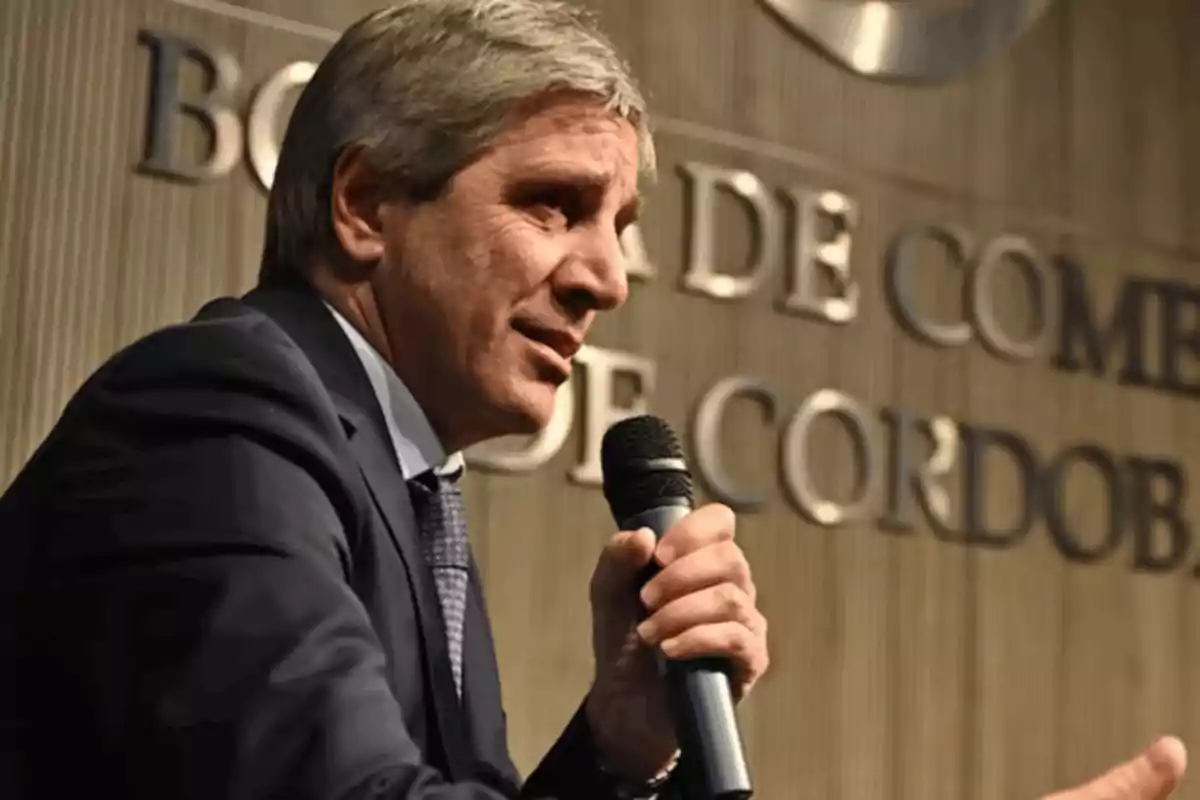
Financial markets react to the economic plan and court ruling against CFK
Markets react with gains to the economic plan and the anticipation of the Court's ruling on Cristina
Tuesday, June 10, began with marked optimism in Argentine stocks and sovereign bonds. Investors focused on two major topics. The new government strategy to strengthen reserves and the anticipation regarding the Supreme Court's ruling on the case against Cristina Kirchner.
This mix of economic policy and justice caused significant movements in the market. The Merval index rose by 2%, highlighting the recovery of key companies and improved sentiment on Wall Street.

Rises in stocks and bonds reflect market expectations
On the Merval's leading panel, Metrogas led the gains with +3.8%, followed by YPF (+3.1%), Grupo Supervielle (+3%), Edenor (+2.5%), and Telecom (+2.1%).
On Wall Street, Argentine ADRs also showed strong performance. Banco Supervielle led with +3%, while YPF, Loma Negra, Edenor, and Globant increased between 2.3% and 2.8%.
Sovereign bonds accompany the positive trend
Bonds in dollars reflected the optimistic climate: Global 2046 grew by 2.1% and Bonar 41 by 1.1%. CER-adjusted bonds in pesos rose slightly, up to 0.1%, with TX26 leading.

The government's new measures to shore up reserves
The Central Bank (BCRA) and the Ministry of Economy launched a package of measures aimed at strengthening reserves without direct intervention. The strategy targets more sophisticated and prudent mechanisms.
- Issuance of Bopreal bonds, designed to absorb excess pesos and ease pressure on the exchange rate.
- Return to REPO operations in foreign debt to obtain flexible financing in foreign currency.
These actions aim to convey fiscal and financial discipline, which are key to generating long-term confidence and stability.

Debt strategy and monetary policy
The government authorized Treasury bond auctions in dollars with a monthly limit of US$1 billion, open to both local and foreign investors. In addition, it eliminated the minimum six-month holding period for peso-denominated debt held by foreign investors, seeking to boost the local market.
The BCRA announced a US$2 billion repo operation with banks, in line with the program with the IMF. Although significant, about US$3 billion are still needed to meet reserve targets.
Regarding monetary policy, the repurchase of "puts" on peso-denominated debt stood out, as did the increase in reserve requirements for deposits and the swap of overnight instruments for Treasury bills.

The court ruling that is straining the market
Meanwhile, attention is focused on the Supreme Court, which could uphold the conviction against Cristina Kirchner in the "Vialidad" case. The conviction entails six years in prison and a lifetime ban from holding public office.
If the Court upholds the sentence, the political impact would be significant. Cristina Kirchner, leader of the Justicialist Party, would be disqualified from public office, which could alter the electoral landscape and political stability.

Implications for the economy and confidence
A final conviction could be interpreted as a sign of greater institutional strength and reinforce confidence in the rule of law. This usually improves risk perception and attracts investment.
More posts: